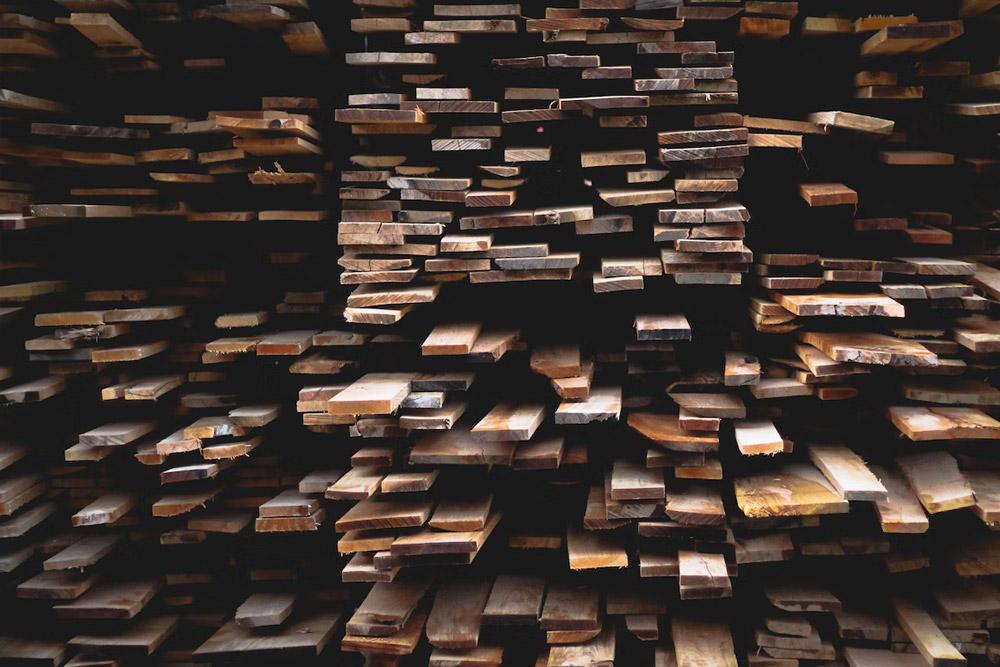When it comes to choosing the perfect wood for your flooring or furniture, the options can seem overwhelming. There are many choices available, but two primary categories dominate the market: hardwood and softwood. Each type of wood has its unique characteristics and uses. In this blog, we will delve into the differences between hardwood and softwood.
Understanding Hardwood and Softwood
Hardwood and softwood are not actually determined by the hardness of the wood as the names might suggest. The classification is based on the reproduction and botanical characteristics of the trees. Hardwood comes from deciduous trees, such as oak, maple, and walnut, while softwood originates from coniferous trees, like pine, spruce, and cedar.
Density and Strength
One of the most noticeable distinctions between hardwood and softwood lies in their density and strength. Generally, hardwood has a higher density, making it more durable and resistant to wear and tear. Softwood has a lower density, which can make it prone to dents and scratches. Denver Floors, known for its exceptional choice of hardwood flooring, has the perfect hardwood flooring for high-traffic areas or homes with active families and pets.
Appearance and Grain Patterns
Another key difference between hardwood and softwood is their visual appeal. Hardwood often showcases a wide variety of natural grain patterns, colors, and textures, offering a stunning variety of choices for interior design. It can range from the rich, deep hues of mahogany to the light, elegant tones of birch. Softwood, while typically less diverse in color, offers a warm, rustic charm with its characteristic knots and straight grain. Denver hardwood, with its beautiful natural variations and unique patterns, adds an element of timeless elegance to any space.
Versatility of Applications
Both hardwood and softwood find extensive use in different applications due to their individual properties. Hardwood’s density and strength make it ideal for flooring, furniture, cabinetry, and intricate woodwork. Its ability to withstand heavy use and resist moisture makes it an excellent choice for long-lasting structures. Softwood, with its lighter weight and easy workability, is commonly used in construction, framing, and outdoor applications, such as decks and fences.
Maintenance and Longevity
Maintenance and longevity are crucial factors to consider when choosing between hardwood and softwood. Hardwood floors, when properly cared for, can last for generations. They require regular cleaning, occasional refinishing, and protection against moisture. Softwood, while more susceptible to damage, can still provide longevity with proper maintenance. Regular sealing and periodic staining can help preserve the wood’s natural beauty and protect it from the elements. Denver Floors, renowned for its durable and resistant hardwood flooring, ensures a longer lifespan with minimal maintenance, making it a cost-effective investment.
In summary, the difference between hardwood and softwood extends far beyond just the names. Hardwood has a much higher density, greater strength, diverse appearances, and a wider range of applications, making it a top choice for flooring and furniture. Softwood, on the other hand, offers a rustic charm and is often used in construction and outdoor projects. However, the Denver hardwood options at Denver Floors present a unique blend of beauty, strength, and versatility, with many standout options for those seeking a durable and stunning wood flooring.
So if you’re looking to upgrade your flooring in the Denver area, look no further than Denver Floors. We can help you pick out the perfect hardwood flooring for your home or business.

